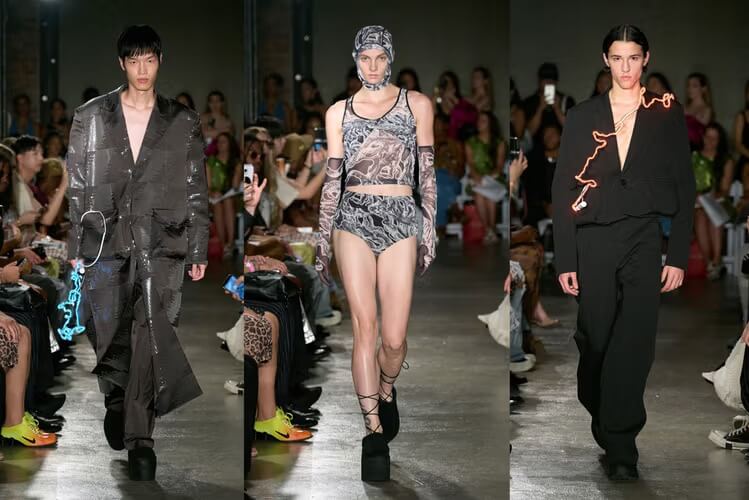New York Fashion Week 2025 concluded with a strong focus on sustainability. Designers showcased collections that highlighted eco-friendly fabrics and ethical fashion practices. Many incorporated recycled materials into their designs, signaling a shift toward environmentally conscious fashion.
Sustainable fashion took center stage as brands sought to reduce waste and environmental impact. Designers used materials like recycled polyester, organic cotton, and repurposed textiles. The trend reflects growing consumer demand for products that are both stylish and responsible.
Shows emphasized transparency in production. Designers explained how garments were made and the sourcing of materials. Some labels highlighted fair wages and safe working conditions, reinforcing the importance of ethics in fashion.
Eco-friendly accessories were also a highlight. Shoes, bags, and jewelry made from recycled or biodegradable materials complemented sustainable clothing lines. These innovations demonstrated that sustainability and high fashion can coexist seamlessly.
The event featured several new designers committed to green fashion. Their collections drew attention for creativity and environmental awareness. Experts said these efforts could inspire long-term changes in the global fashion industry.
Fashion industry analysts noted that sustainability is becoming a key factor in consumer choices. Many shoppers now consider environmental impact when buying apparel. New York Fashion Week’s focus on eco-conscious designs aligns with this growing trend.
Celebrities and influencers attending the shows also embraced sustainability. Outfits made from recycled fabrics and ethical brands appeared frequently on social media. This visibility helps raise awareness and encourages a wider audience to consider sustainable options.
Digital presentations played a role in reducing carbon footprints. Some designers streamed shows online, limiting the need for travel and large audiences. Virtual showings are becoming an effective way to combine glamour with environmental responsibility.
The week also included panel discussions on fashion sustainability. Experts discussed challenges such as supply chain transparency and cost barriers. They offered solutions and encouraged collaboration between designers, manufacturers, and consumers.
Overall, New York Fashion Week 2025 highlighted that sustainability is no longer a niche concern. It is a growing priority for designers, brands, and consumers alike. The event demonstrated that the fashion industry can innovate while protecting the planet.
As the industry evolves, eco-friendly practices are expected to expand beyond high fashion. Mainstream brands may adopt recycled materials, ethical sourcing, and transparency measures in the coming years. The focus on sustainability at New York Fashion Week sends a clear message: fashion and environmental responsibility can go hand in hand.



